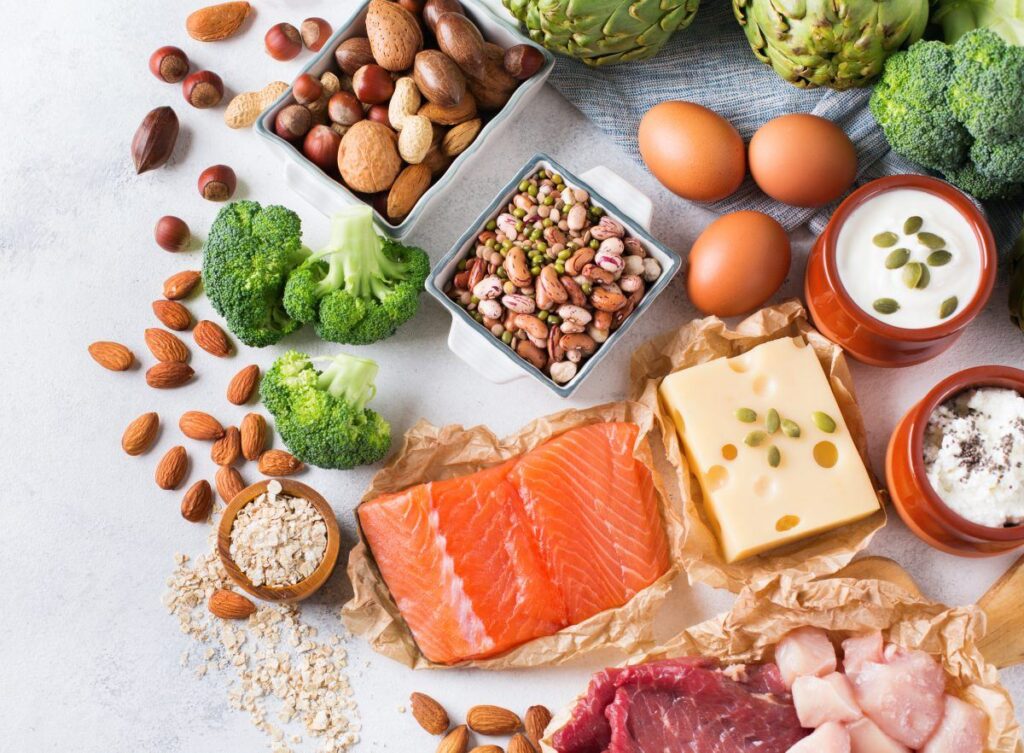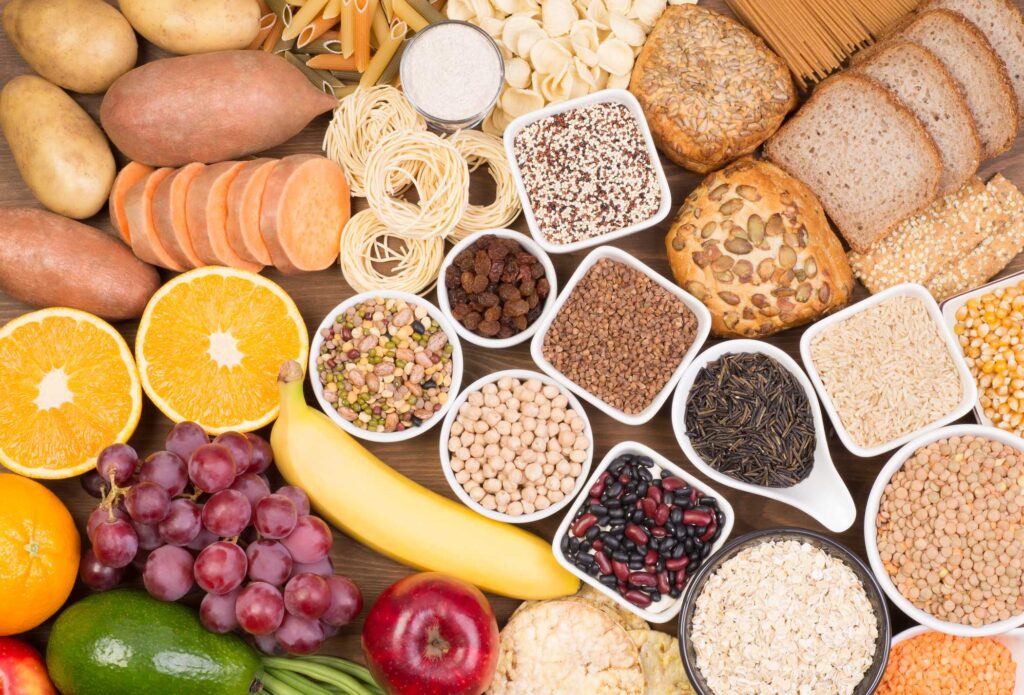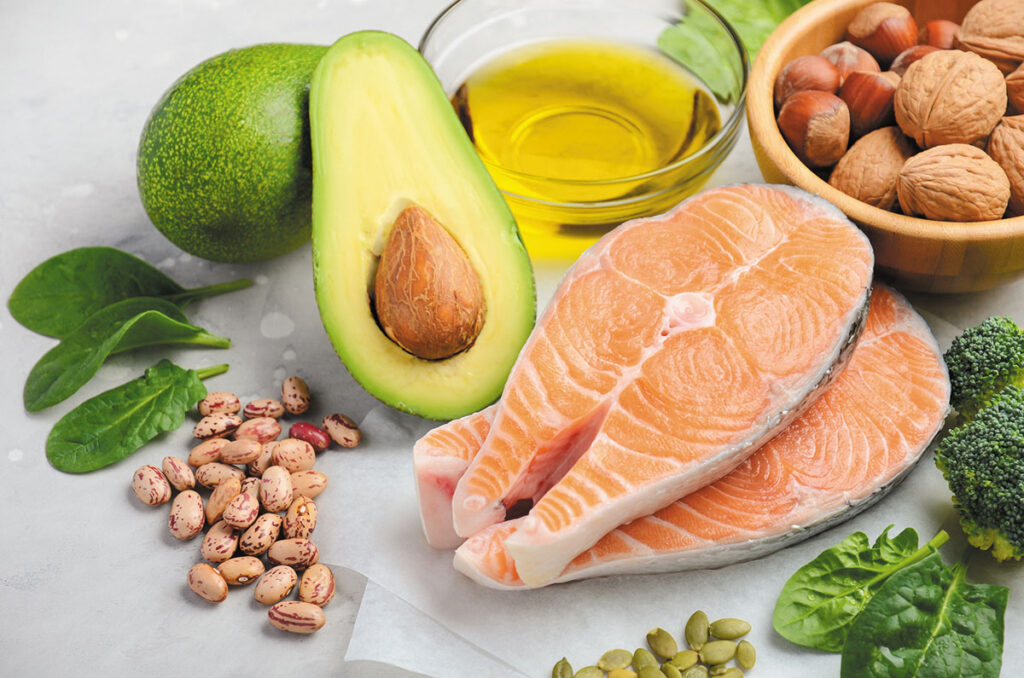Macronutrients are those nutrients required in large amounts, providing energy needed for the our bodies to carry out daily tasks and functions. This is important for growth and repair, daily functioning and internal health. Why is this important to know you may ask? Well, there are 3 macronutrients. Carbohydrates, proteins and fats, our bodies break down these macronutrients to be further utilised as energy. Without no energy it can lead to health issues etc. Here we will help simplify this further so you can fully understand the benefits of each macronutrient.

Protein
The macronutrient everyone enjoys, consisting of 4 calories per 1g of consumption. Protein are essential nutrients for the body, the main building blocks of tissue. In addition to that, helping support our skeletons which is its main function. A nutrient that is designed to repair our muscles effectively. It also provides us with energy, however not as energy dense as carbohydrates that contain 9 calories per 1g. When we speak about protein we resort to meat straight away. However, there are many alternatives to meat that packs a punch. It just comes down to which quality source of protein you prefer for your diet.
Main sources of protein are beef, chicken, turkey, eggs, fish cheese nuts, yoghurts and cheese. These food choices all come with their own individual macronutrient value. Some may be of a higher protein than others, some may be lower calorie. It all depends what you like more and how it can work within your diet. Recommended consumption is around 1 gram of protein per 1lb of body weight from a variety of sources.

Carbohydrates
Our main energy producing macronutrient, split into simple and complex carbohydrates. Those are carbohydrates broken down quickly to be used. Commonly found in fruits, refined sugars such as sweets, table sugar, syrups and soft drinks. Complex carbohydrates are made up of sugar molecules, connected together in long complex chains. They typically take a little longer for our bodies to digest but help our bodies from an endurance level.
For all individuals curious about what types of carbohydrate sources are complex, we have made a little list below. Those are anything from brown rices, quinoa, potatoes, wheat bread and many more. In addition to that, consumers have the many options available to choose from. We definitely recommend consuming some good complex carbohydrates in your diet. Recommended for adults anywhere between 170-300gram daily. So why not see what you could make up.

When we think of fats, we think bad straight away. Essential fats are in fact very good for us as they contribute to a healthy immune system, formation of healthy cell membranes, functioning of the brain, hormone production and many more. Some fantastic fats to name a few are flax seeds, cashews, peanuts, avocado, salmon, mackerel and more.
Leading onto high saturated fats which you would typically find in fast food. These food sources vary from fatty beef, pork, poultry with skin, butter, lard and cheese. Over consumption can also be bad due to their high calorific content. Therefore it is important to consume everything within moderation. We still recommend getting some fats in due to energy production, however track to see how much macronutrient value they may have.

Jordan Fleet joins the team to help simplify complex topics ranging from training, nutrition, supplements and many more. With a trade in mechanical engineering and one more year remaining on completing his sports nutrition and health degree at Liverpool John Moores University. Jordan will provide a better insight into different areas of fitness in the hope to provide the best quality service/information he can offer.
An advocate for training with a strong mindset, nutrition balancing and enjoying life. Find him in the nearest gym or many coffee shops.
















nice artilce , thank you . keep it up